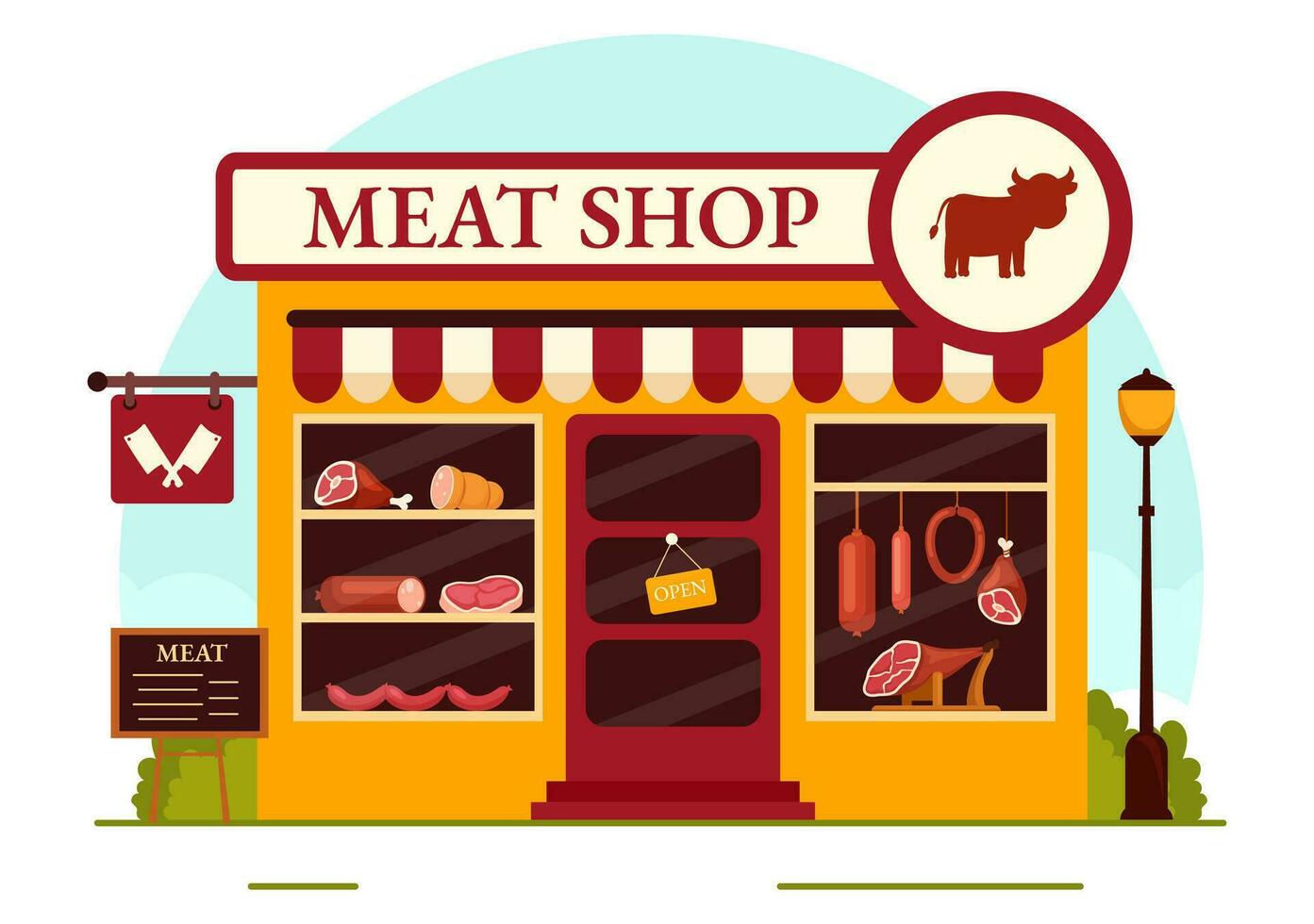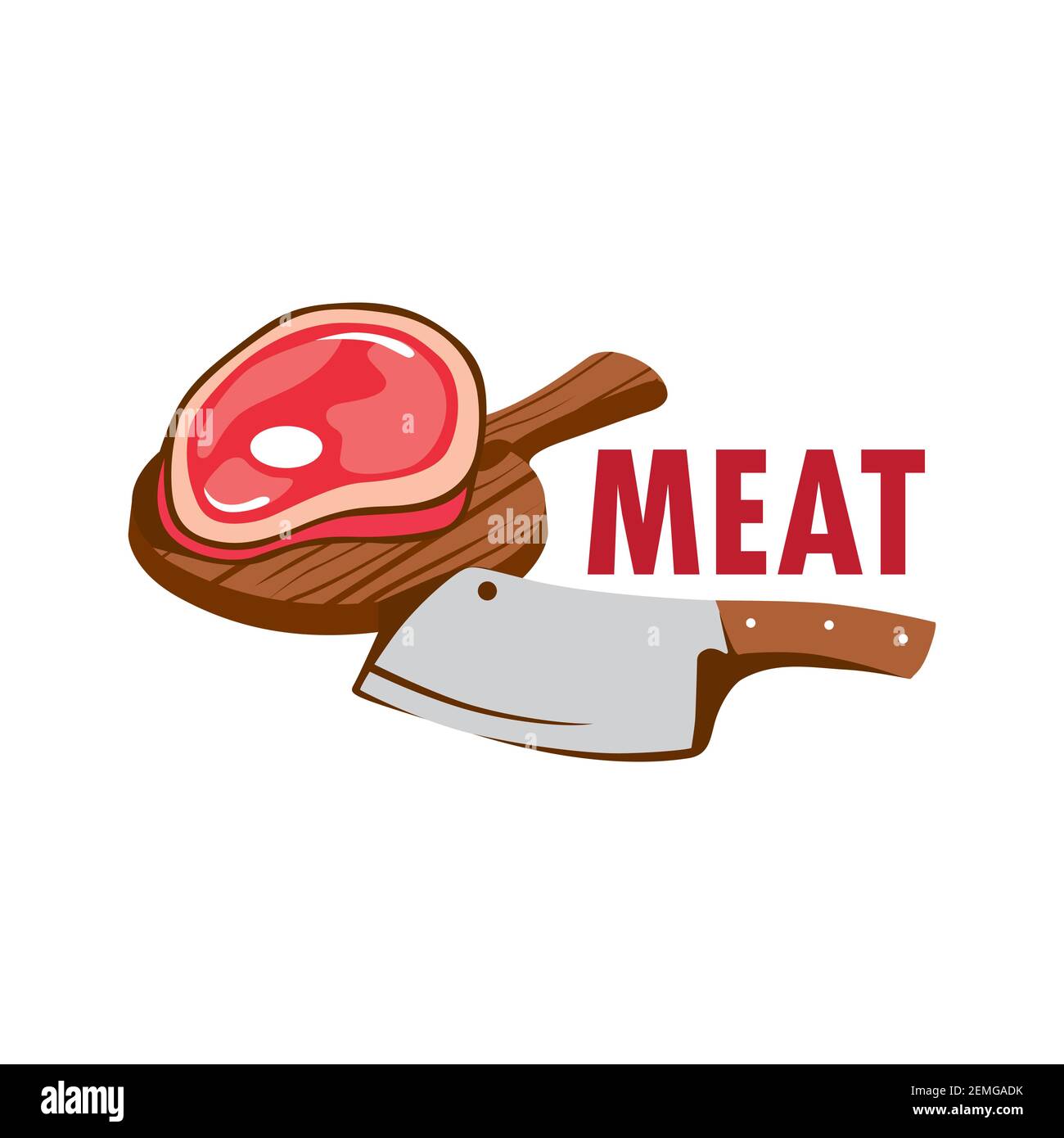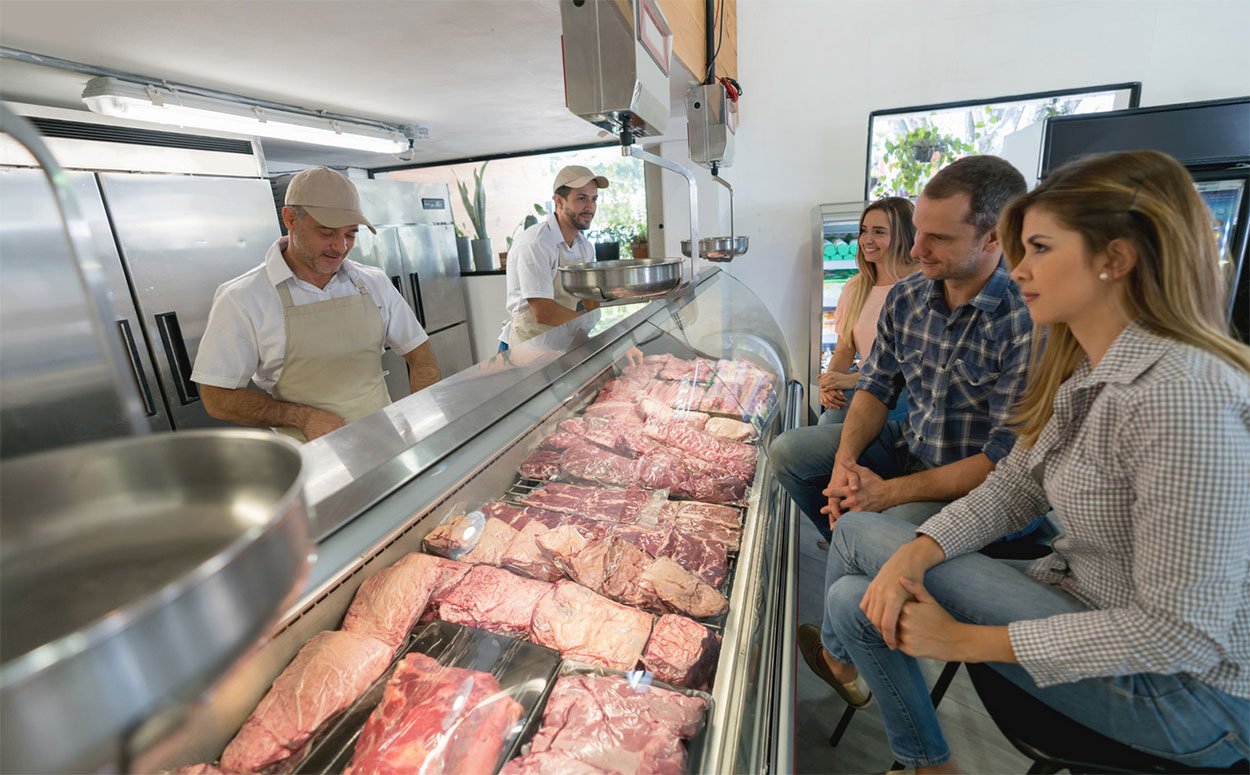From Farm to Table: Welcoming the Tradition of Meat Markets and Butcheries
In an era dominated by convenience and mass production, there exists a silent revolution taking location in the culinary world - a go back to the roots of food sourcing through the custom of meat markets and butcheries. These establishments, frequently forgotten in the shadow of grocery stores, are experiencing a resurgence as critical consumers look for top quality, traceability, and a link to the origins of their food. However what is driving this shift back to the methods of old? The answer hinges on the crossway of heritage practices, moral considerations, and a desire for an extra genuine gastronomic experience.
The Resurgence of Meat Markets
The renewal of meat markets across numerous communities shows a change in the direction of a renewed gratitude for locally sourced, top quality meats. In recent years, consumers have actually ended up being a lot more mindful of the origins of their food, leading to a growing need for openness and sustainability in the meat sector. This pattern has paved the means for the revival of standard meat markets and butcheries, where consumers can directly interact with experienced butchers and source their meat from neighboring farms.
Among the crucial driving factors behind this revival is the wish for higher quality and fresher items. By acquiring meat from local markets, customers can make sure that they are getting fresh cuts that have actually not traveled lengthy ranges or been being in storage for extended periods. In addition, supporting regional meat markets helps reinforce the local economic situation and advertises neighborhood connections.

Craftsmanship in Butcheries
With the renewal of meat markets stressing quality and sustainability, the focus moves in the direction of recognizing the elaborate craftsmanship showed in contemporary butcheries. Workmanship in butcheries exceeds simply reducing meat; it personifies an ingrained tradition of know-how and precision in managing various cuts of meat. Bagley Farms Meat Market. Butchers, frequently educated for many years, have a riches of knowledge on the anatomy of pets, knife abilities, and the art of damaging down carcasses effectively

In modern butcheries, workmanship appears in the method butchers meticulously source their meat, ensuring high requirements of high quality and ethical methods. They take satisfaction in comprehending the provenance of the meat they offer, functioning very closely with local farmers and suppliers to provide consumers full transparency and traceability.
Additionally, workmanship in butcheries encompasses the presentation of meat. Butchers skillfully prepare cuts that not only improve flavor but likewise showcase the all-natural beauty of the meat. The art of butchery is a blend of practice and innovation, where respect for the pet and devotion to the craft lead to remarkable items that genuinely attract attention in today's market.
In Your Area Sourced Meat High Quality

Locally sourced meat uses numerous advantages, including fresher items, assistance for regional farmers, and decreased ecological impact because of reduced transportation ranges - Bagley Farms Meat Market. By purchasing meat from nearby farms and butcheries, customers can have pop over to this site extra confidence in the high quality and safety of the products they are buying

Farm-to-Table Shopping Experience
In the world of in your area sourced meat top quality, the farm-to-table shopping experience offers customers a straight connection to the beginnings of their food - Bagley Farms Meat Market. This one-of-a-kind shopping experience allows customers to map the journey of their meat, from the farm where the pets were elevated to the table where it will certainly be delighted in. By involving in farm-to-table shopping, individuals can obtain a deeper understanding of the farming practices, animal well-being requirements, and sustainability initiatives entailed in generating their meat
One of the crucial advantages of the farm-to-table purchasing experience is the openness it gives. Consumers have the possibility to connect with regional farmers and butchers, asking concerns about the meat they are finding out and purchasing regarding the details cuts available. This direct interaction promotes depend on in between manufacturers and consumers, guaranteeing that people are confident in the high quality and origins of the meat they are earning. The farm-to-table buying experience typically advertises a feeling of community, as customers sustain regional organizations and agriculture, reinforcing the bond between rural and urban locations.
Tradition Satisfies Modern Culture
The merging of traditional meat markets and butcheries with modern-day society provides an unique opportunity for the preservation of artisanal techniques in a contemporary context. While modern innovations have changed various industries, the essence of standard meat markets and butcheries stays deeply rooted in background and craftsmanship. This mix of tradition and modernity allows for the continuation of time-honored strategies while adapting to the needs and choices of today's customers.
In today's fast-paced globe, where comfort frequently trumps quality, there is a growing appreciation for the heritage and authenticity that typical meat markets and butcheries offer. Customers are significantly looking for transparency in the sourcing and manufacturing of their food, leading them back to the tailored solution and expertise found in these establishments. Additionally, the emphasis on sustainability and moral practices aligns with the navigate to this site worths maintained by many conventional meat markets and butcheries, fostering a feeling of community and duty towards the atmosphere.
As culture remains to evolve, the coalescence of practice and modernity in meat markets and butcheries not only ensures the preservation of artisanal practices however additionally enhances the cooking landscape with a mix of heritage and advancement.
Verdict
In final thought, the custom of meat markets and butcheries is experiencing a rebirth in modern culture. These establishments offer locally sourced meat of high quality, providing a farm-to-table shopping experience for consumers.
In an age dominated by benefit and mass production, there exists a silent revolution taking place in the cooking globe - a return to the origins of food sourcing with the tradition of meat markets and butcheries.The renewal of meat markets throughout various neighborhoods indicates a change in the direction of a restored recognition for in your area sourced, quality meats.With the revival of meat markets highlighting quality and sustainability, the emphasis shifts in the direction of acknowledging the elaborate workmanship showed in modern-day butcheries. Craftsmanship in butcheries goes beyond simply reducing meat; it embodies a deep-rooted custom of competence and accuracy in dealing with various cuts of meat.In today's fast-paced globe, where comfort often trumps top quality, there is a growing gratitude for the heritage and authenticity that typical meat markets and butcheries provide.